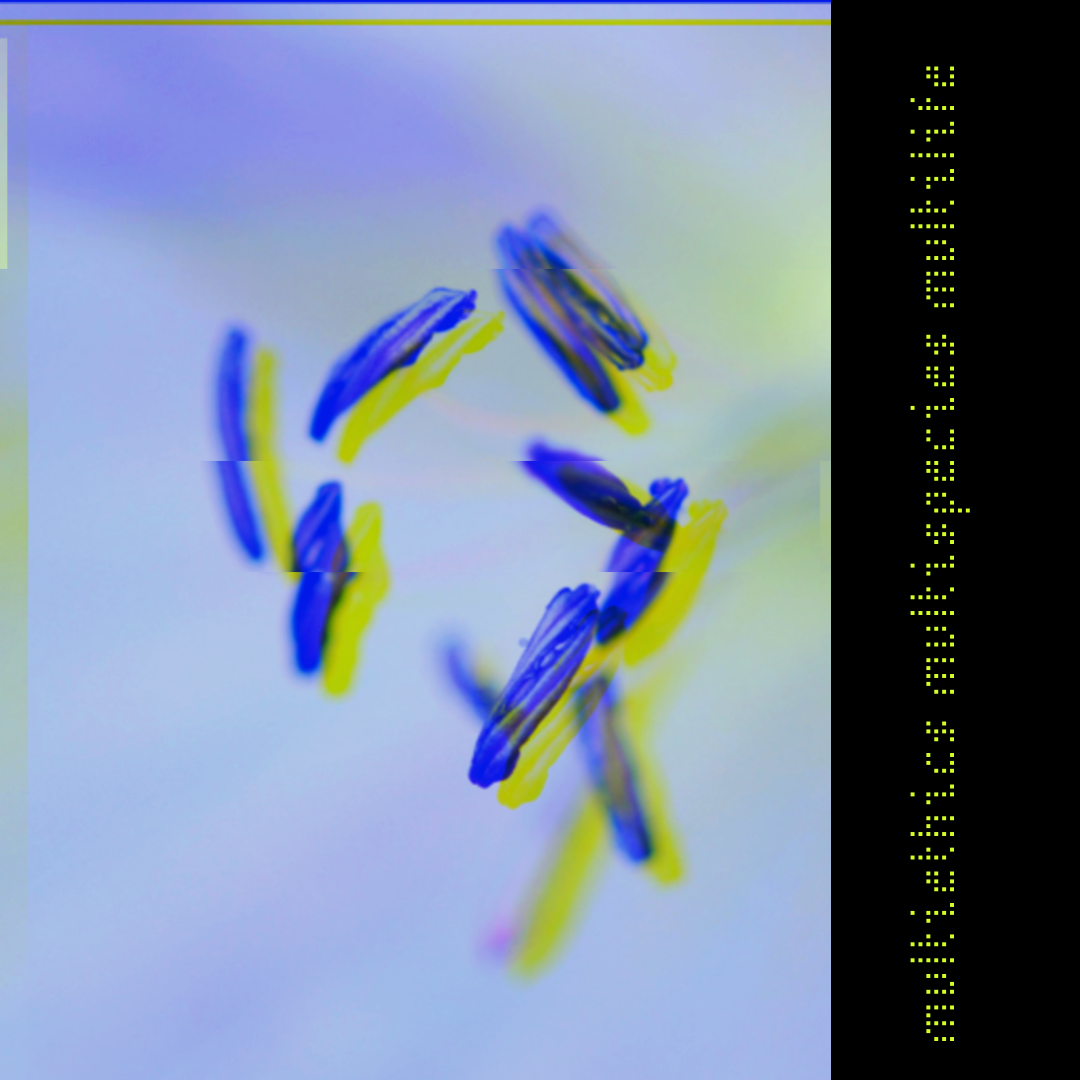
Ellen Bass
Artist Statement: Talking & Listening to Plants
“Some years ago I began teaching a poetry workshop at Salinas Valley State Prison (once called Soledad). The men who joined the workshop were hungry for the intellectual stimulation and real connection that poetry makes possible. That spring seemed especially flower-filled where I live in Santa Cruz, CA. Roses bloomed in my yard and there were a multitude of blossoms all over town. I couldn’t shake the irrational fantasy of bringing the men in my workshop on a field trip––just for a few hours––to see and smell the beauty of the world. So I decided to try to bring the flowers to them. I didn’t know if the guards would allow this, but I thought it was worth the attempt. I gathered flowers and arranged twelve tiny bunches in paper cups so each man could have his own bouquet. Then I set them all in a low cardboard box. I felt like Demeter carrying this small meadow into the unrelenting grayness of the prison. Not one of the guards paid any attention to the flowers. In fact, they acted like there was nothing unusual about a teacher carrying a box of bouquets through the two sets of gates. As each man entered the workshop room, he was transfixed by the flowers. And in their poems that day, they expressed such tenderness, deep appreciation, and also the ache of all that they were excluded from, all they might never experience again. This is a maximum security prison. Many of these men were incarcerated for life. All were there for a long time. Without discounting the seriousness of their crimes, you can’t teach poetry in a prison for more than a few weeks without realizing that most of these men were sentenced from birth. One man who I was especially fond of had been beaten and abused so so bad in his family that he would intentionally act out in order to get sent to juvie. Most of the others had histories that were equally tragic, illustrating the failures of our society to protect and nurture children. So here they were, separated not only from their loved ones, but also from the flora of the living world. I hoped they would be able to take their bouquets back to their cells––there was no glass, I’d stripped every thorn off every rose––but the guard refused. I hadn’t anticipated how painful it would be to the men not to be able to keep the flowers. Nor did I imagine the will and creativity of the man I write about in ‘Bringing Flowers to Salinas Valley State Prison.’”
ELLEN BASS’s most recent books are Indigo, (Copper Canyon, 2020), Like a Beggar (Copper Canyon, 2014), and The Human Line (Copper Canyon, 2007). She coedited the first major anthology of women’s poetry, No More Masks! (Doubleday, 1973 and coauthored The Courage to Heal: A Guide for Women Survivors of Child Sexual Abuse (HarperCollins, 1988). Among her honors are Fellowships from The Guggenheim Foundation, The National Endowment for the Arts and the California Arts Council, The Lambda Literary Award, and three Pushcart Prizes. She teaches in Pacific University’s MFA program and is a Chancellor of the Academy of American Poets.



